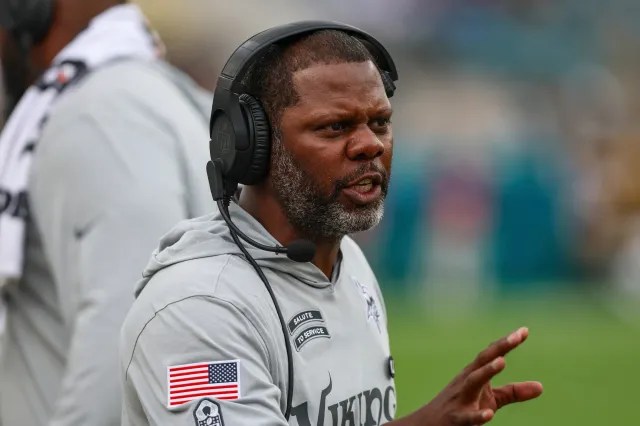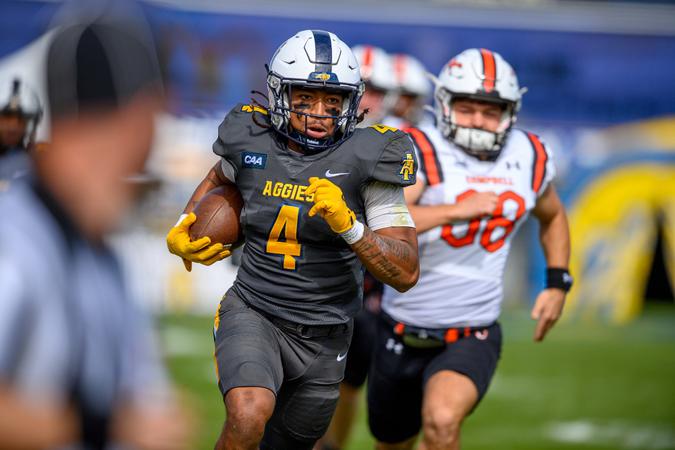See West Side Story Beginning December 10, 2021
With its December release, Steven Speilberg’s adaptation of West Side Story is perhaps the most highly anticipated musical of the year! Follow lovebirds Tony and Maria in the classic story as they fall in love despite being caught in the middle of a fierce neighborhood gang rivalry. Academy Award winner Speilberg directed and produced the film, while Pulitzer Prize and Tony Award winner Tony Kushner wrote the screenplay!

Our exciting West Side Story HBCU Roundtable featured actresses Rachel Zegler (Maria), Ariana DeBose (Anita), and actor David Alvarez (Bernardo). If you’re familiar with the West Side Story play or original 1961 film, you’ll appreciate this ensemble. In the film, Maria is swept off her feet for the first time by Tony, who has tried to turn his life around after being a member of the racist Jets gang. But with her brother Bernardo serving as head of the rival Sharks gang, the relationship immediately becomes a problem. Through it all, in their shared apartment, it is Anita who tries her best to support the polarizing interests of the brother and sister.
We had the golden opportunity to sit down with a few cast members of the film, and we hand-picked several HBCU students to ask them the questions. From asking about the historical context of the film, to what it takes to make it in the industry, the students wanted to cover it all. Comedian Kyle of the Mic hosted the roundtable, with students representing HBCUs such as Bowie State University, Texas Southern University, Howard University, and Grambling State University.
Cameron Nolan of Morehouse College: In the 1961 West Side Story film, one could say the central theme was following your heart, and doing so despite what the world may say. So as actors, actresses, performers- really creators in general, how do you stay encouraged in pursuit of your dreams?
Anita: It’s an ongoing thing every day is different, I can tell you that. I’ve personally been working in the industry for 10+ years and I’ve had lots of success and it looks very shiny on the outside, but you get to the sparkly moments it’s been a real roller coaster. So many different microaggressions I’ve experienced. It’s been really intriguing to see how I present. I’ve been deemed ethnically ambiguous. I’ve been told I’m not black enough for one part, I’ve been told I’m not Latina enough for another part. But if I could just live in the gray, I was very hireable. So I think ultimately in order to keep going in an industry where you don’t feel seen, you have to have undying faith in yourself. Belief that you have something to offer, and the realization that just because one door doesn’t open doesn’t mean that another one won’t. You keep knocking down the doors until the one door opens, or the two doors open, and the people that see you, those are your people. And you start changing their minds, because if you change one mind you can change another mind. Beyond that, there’s no recipe. I don’t think there’s a recipe for keeping yourself going beyond holding on so tightly to your dreams, and a decent amount of self-care!
David: I think a big thing is it’s really about persistence. It’s about having confidence in yourself and what you have to bring to the table. Because a lot of times people out there are just not gonna believe in you. They’re just not gonna believe in you. And you’ve got to be that person to look at yourself in the mirror and say ‘I can do this, I believe in myself, I know my worth and I have a lot to offer to this world.’ So it is a roller coaster ride like Ariana said. You have great moments, but behind those great moments is 1,000 failing moments and it’s about not letting those failures get to you. I mean now that we’re here it’s incredible to know that all this hard work, all these learning experiences and can be brought to the table in a meaningful way, and also being part of this project is opening so many doors for so many communities to be able to trust themselves and be valued and be respected. So I’m just very fortunate to be a part of this and it’s not an easy ride. It’s not an easy ride at all. But if you love the art, if you love what you do, it is worth it in the end.

Rachel: It’s remembering that other people’s success is not in any way your failure. Root for your friends, we notice. It’s putting good out and getting good back. The universe works in a very real way. But it’s also a lot of hard work and it’s not just showing up to every attempt it’s not showing up. You know in my case it’s not showing up to every audition for other people but it’s showing up for myself and making sure that I am there and I am centered and I am ready because I can’t give 100% if I’m not at 100%. So take care of yourself beyond everything and just remember to root for other people’s successes as well. Learn from them.
Kendal Robinson of Howard University: West Side Story was deemed significant by the United States Library of Congress, and was also selected for the National Film Registry in 1997. In this film, can we expect the same impact and significance in the Steven Spielberg 2021 film, and also what culturally relevant themes can we expect to see?
Rachel: I think it still holds the same cultural relevance so I do expect our film to have that same impact, but there’s also cultural sensitivity but I think the 1961 film lacked severely. It’s the way that the culture is represented on all fronts. There was a big historical context overhaul that was done with Tony Kushner’s script and it was a real conversation surrounding racial tension, political tension, social tension, the 1957 climate for someone and the Robert Moses clearance project that was displacing low income communities out of their homes if you lived in a certain 20 blocks to make away for the Lincoln Center for the performing arts which was a rich white person thing, that all of these low-income communities that were being forced out of their homes wouldn’t even be able to enjoy. So not only is that the reason I think it will be culturally impactful because it’s a conversation that’s still ongoing and that we’re still having surrounding gentrification today. But it’s also the type of cultural conversation you can expect from our film.
The full roundtable conversation is up now on our HBCU Buzz YouTube, so be sure to tune in. Just as importantly, make sure you watch the new West Side Story out in theaters beginning December 10, 2021!



